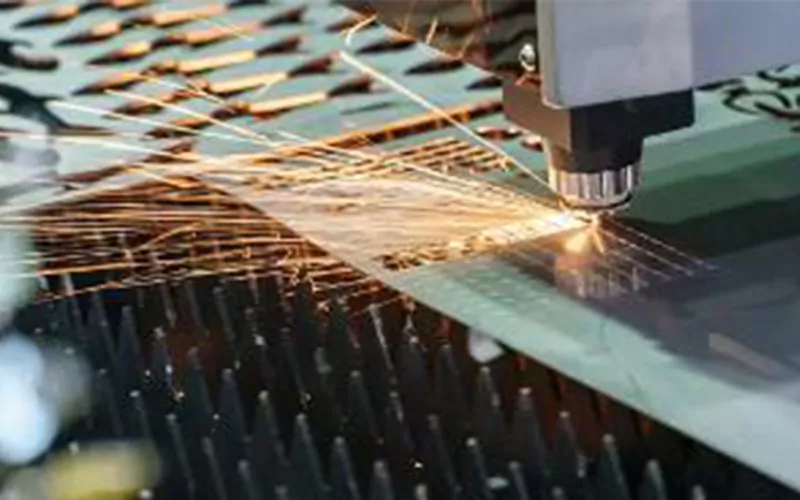The Advantages of Laser Cutting Metal for Precision Engineering Industries
Cuerpo
When it comes to precision engineering industries, the use of laser cutting metal service has become increasingly popular due to its numerous advantages. From its high precision to its versatility, laser cutting offers a wide range of benefits for manufacturers and engineers. In this article, we will delve into the advantages of laser cutting metal for precision engineering industries, exploring how this technology has revolutionized the manufacturing process.

Precision and Accuracy
One of the key advantages of laser cutting metal for precision engineering industries is its unparalleled precision and accuracy. Laser cutting allows for the creation of intricate and complex designs with minimal margin for error. The focused beam of the laser ensures that the cuts are made with utmost precision, resulting in high-quality finished products. This level of accuracy is crucial for industries that require intricate metal components, such as aerospace and medical device manufacturing.
Minimal Material Waste
Another significant advantage of laser cutting metal is its ability to minimize material waste. Traditional cutting methods often result in a substantial amount of material being wasted due to the nature of the cutting process. However, laser cutting minimizes this waste by optimizing the cutting path and reducing the width of the kerf. This not only leads to cost savings for manufacturers but also contributes to a more sustainable and environmentally friendly manufacturing process.
Flexibility and Versatility
Laser cutting metal service offers unparalleled flexibility and versatility in the types of materials that can be cut. Whether it's stainless steel, aluminum, titanium, or other exotic metals, laser cutting can handle a wide range of materials with ease. This versatility makes it an ideal choice for precision engineering industries that work with diverse materials and require a cutting method that can accommodate various material types and thicknesses.
Efficiency and Speed
Efficiency and speed are crucial factors in the manufacturing process, and laser cutting excels in both areas. The high cutting speeds and rapid turnaround times offered by laser cutting technology allow manufacturers to meet tight deadlines and increase their overall productivity. This efficiency is particularly beneficial for precision engineering industries that operate in fast-paced environments and need to deliver high-quality products within strict timelines.
In conclusion, the advantages of laser cutting metal for precision engineering industries are undeniable. From its precision and accuracy to its efficiency and versatility, laser cutting has transformed the way metal components are manufactured. As technology continues to advance, we can expect to see even more innovative applications of laser cutting in the precision engineering industry, further enhancing the capabilities and possibilities for manufacturers and engineers.










Comentarios